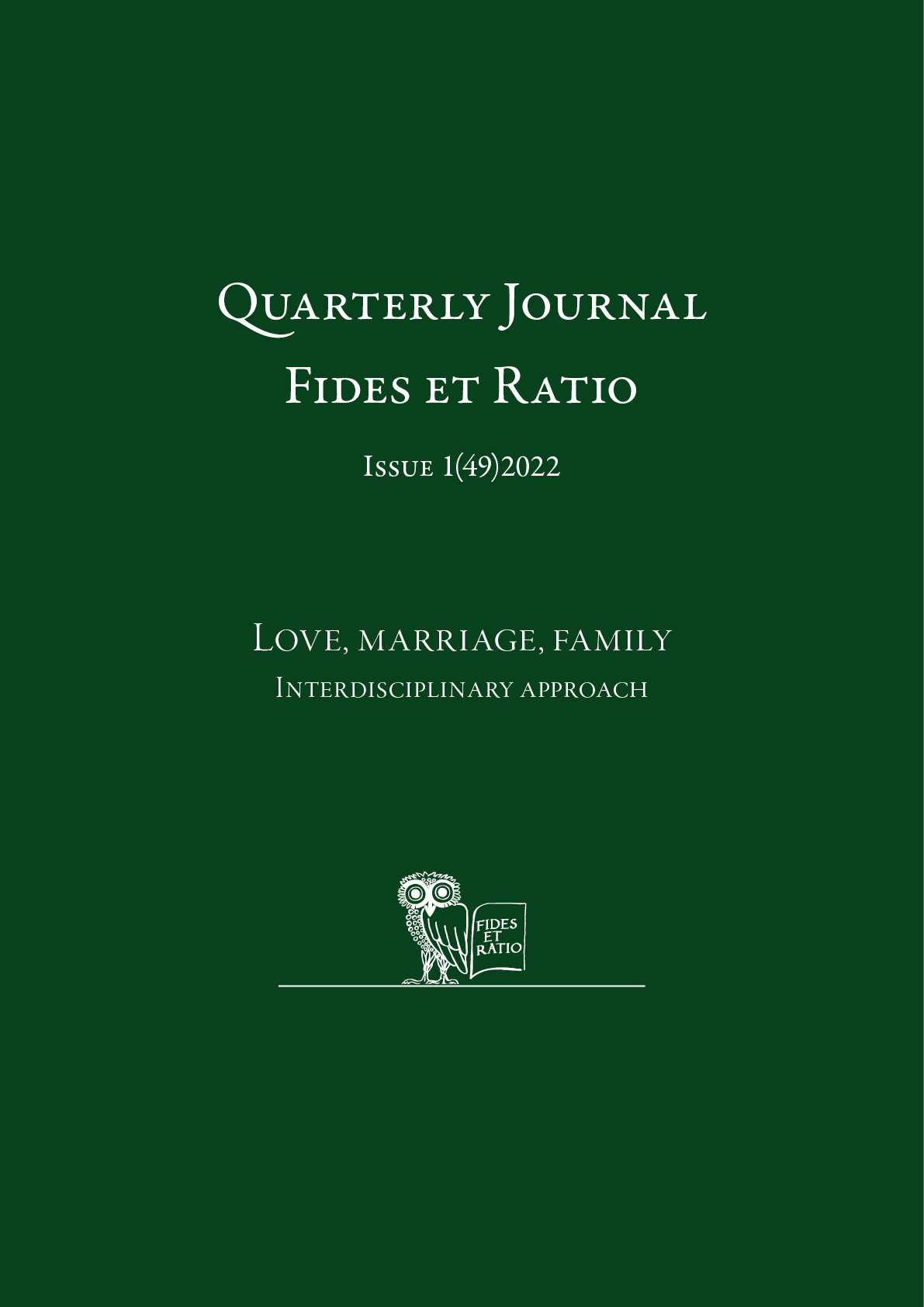Abstract
The COVID 19 outbreak has affected people’s physical and mental health and triggered an avalanche of consequences that many are unable to cope with, and because of the pandemic, even relatives and friends are unable to help in this situation. Many people experience all kinds of difficult situations (such as relationship problems, health, social, educational or economic difficulties) that are not pathological problems but for which individuals are unable to find a suitable solution. Counseling as a helping relationship is a good way for them to gain self-awareness and find the resources they need to make the necessary changes in their lives. The counselors, as professionals in a helping relationship, can help them get through difficult times by providing the necessary support to begin their journey to well-being. The article presents counseling as an opportunity to provide safe social support to people during the COVID 19 epidemic, but also highlights the difficulties this type of service can bring.
References
Baker K. D., Ray M. (2011). Online counseling: The good, the bad, and the possibilities.” Counselling Psychology Quarterly 24, (4), 341-346.
Bloom, J. W. (1998). The ethical practice of WebCounseling. British Journal of Guidance & Counselling, 26 (1), 53-59.
Cohen, G. E., Kerr, B. A. (1998). Computer-mediated counseling: An empirical study of a new mental health treatment, Computers in Human Services 15 (4), 13-26.
Corey, G. (2005). Theory and practice of counseling & psychotherapy (7th ed.), Belmont: Brooks/Cole, 5.
Fenichel, M., Suler, J., Barak, A., Zelvin, E., Jones, G., Munro, K., Meunier, V., Walker-Schmuckeret W. (2002). Myths and realities of online clinical work. CyberPsychology, Behavior, 5 (5), 481-497.
Finset, A., Bosworth, H., Butow, P., Gulbrandsen, P., Hulsman, R. L., Pieterse, A. H., Street, R., Tschoetschel, R., van Weert, J. (2020). Effective health communication - a key factor in fighting the COVID-19 pandemic. Patient education and counseling, 103 (5), 873–876. from: https://doi.org/10.1016/j.pec.2020.03.027 (access: 2.01.2022).
Griffiths, M. (2001). Online therapy: A cause for concern? The Psychologist: Bulletin of the British Psychological Society, 14 (5), 244-248.
ICMR, (2021). Guidance Document for Psychosocial Counselling for COVID-19 Positive Patients and their Family Members, from: https://www.icmr.gov.in/pdf/covid/techdoc/PSC_COVID_patients_v1_30042021.pdf (access: 4.01.2022)
ISMHO, (2000). Suggested Principles for the Online Provision of Mental Health Services, from: https://ismho.org/resources/archive/suggested-principles-for-the-online-provision-of-mental-health-services/ (access: 5.01.2022).
Lange, A., Van de Ven, J-P., Schrieken, B. (2003). Interapy: Treatment of posttraumatic stress via the Internet, Cognitive Behaviour Therapy, 32 (3), 110-124.
Mallen, M.J., Vogel, D.L. (2005). Introduction to the major contribution: Counselling psychology and online counselling, The Counselling Psychologist, 33 (6), 764.
McCrickard, M.P., Butler, L.T. (2005). Cybercounseling: A new modality for counselling training and practice. International Journal for the Advancement of Counselling, 27 (1), 101–110.
Peterson, M.R., Beck, R.L. (2003) E-mail as an adjunctive tool in psychotherapy: Response and responsibility, American Journal of Psychotherapy, 57 (2), 167-181.
Recupero, P.R. Rainey, S.E. (2005). Informed Consent to E-Therapy. American Journal of Psychotherapy, 59 (4), 319-331.
Trębski, K. (2017). Online counselling: opportunities and challenges. Charity, Philanthropy and Social Work, 2, 7-23.
WHO, (2021). WHO Coronavirus (COVID-19) Dashboard, from: https://covid19.who.int/ (access: 5.01.2022).
Zhang, Y., Lange, K. W. (2021). Coronavirus disease 2019 (COVID-19) and global mental health. Global health journal, 5 (1), 31-36. from: https://doi.org/10.1016/j.glohj.2021.02.004 (access: 3.01.2022).

